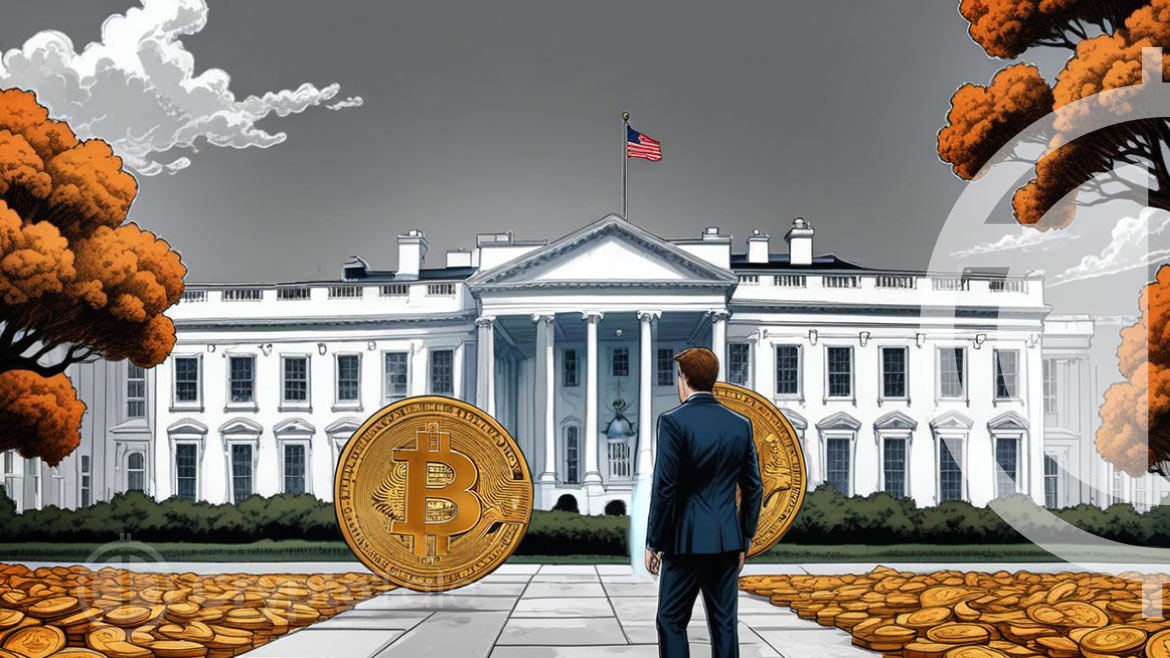- The U.S. government moved $2 billion worth of Bitcoin, sparking controversy and mixed reactions.
- Trump’s pledge to create a national Bitcoin stockpile contrasts with the recent government transfer.
- Binance’s Catherine Chen sees the establishment of strategic Bitcoin reserves as a market growth driver.
The U.S. government transferred $2 billion worth of Bitcoin on July 29, just two days after former President Donald Trump pledged to create a national Bitcoin stockpile if reelected.
According to blockchain analysis platform Arkham Intelligence, the government wallet transferred 29,800 Bitcoin. These funds were seized from the dark web marketplace Silk Road in 2022. The Bitcoin was split into two addresses, one holding 10,000 BTC and the other 19,800 BTC. This move has sparked controversy, especially in light of Trump’s recent promises.
Donald Trump, speaking at the Bitcoin 2024 conference, assured that the U.S. would not sell any of its Bitcoin holdings. He vowed to make the U.S. the crypto capital of the world, proposing a series of crypto-friendly policies. These include firing current SEC Chair Gary Gensler and rolling out supportive regulations for digital assets.
Adding to the pro-crypto sentiment, Wyoming Senator Cynthia Lummis proposed legislation to make Bitcoin a strategic reserve asset. She suggested that the U.S. should purchase 5% of Bitcoin’s total supply. Lummis likened this move to a modern-day “Louisiana Purchase.”
Galaxy Digital CEO Mike Novogratz criticized the timing of the Bitcoin transfer. He called it a “tone deaf” move by the current administration. Novogratz expressed his disapproval on social media, emphasizing the contradiction with Trump’s pledge.
Bitcoin Signals a Recovery, TD Sequential Indicator Shows Short-Term CorrectionSpeculation is rife that the transfer might be linked to a deal between the US Marshalls Service and crypto exchange Coinbase. The agreement, signed on July 1, aims to safeguard U.S. government crypto assets. Currently, the U.S. government holds $12 billion in Bitcoin, mostly from confiscations and seizures.
Despite the controversy, some crypto enthusiasts see this as a step towards more regulatory clarity. Catherine Chen, Binance’s head of VIP & institutional, noted that explicit positions by politicians signal the growing importance of crypto. However, BlockTower Capital’s Ari Paul remains skeptical about Bitcoin becoming a strategic reserve asset in the near term.
The transfer of such a large amount of Bitcoin highlights the ongoing debate about the role of digital assets in the U.S. economy. As politicians and industry leaders voice their positions, the future of crypto regulation and adoption remains a hot topic.






